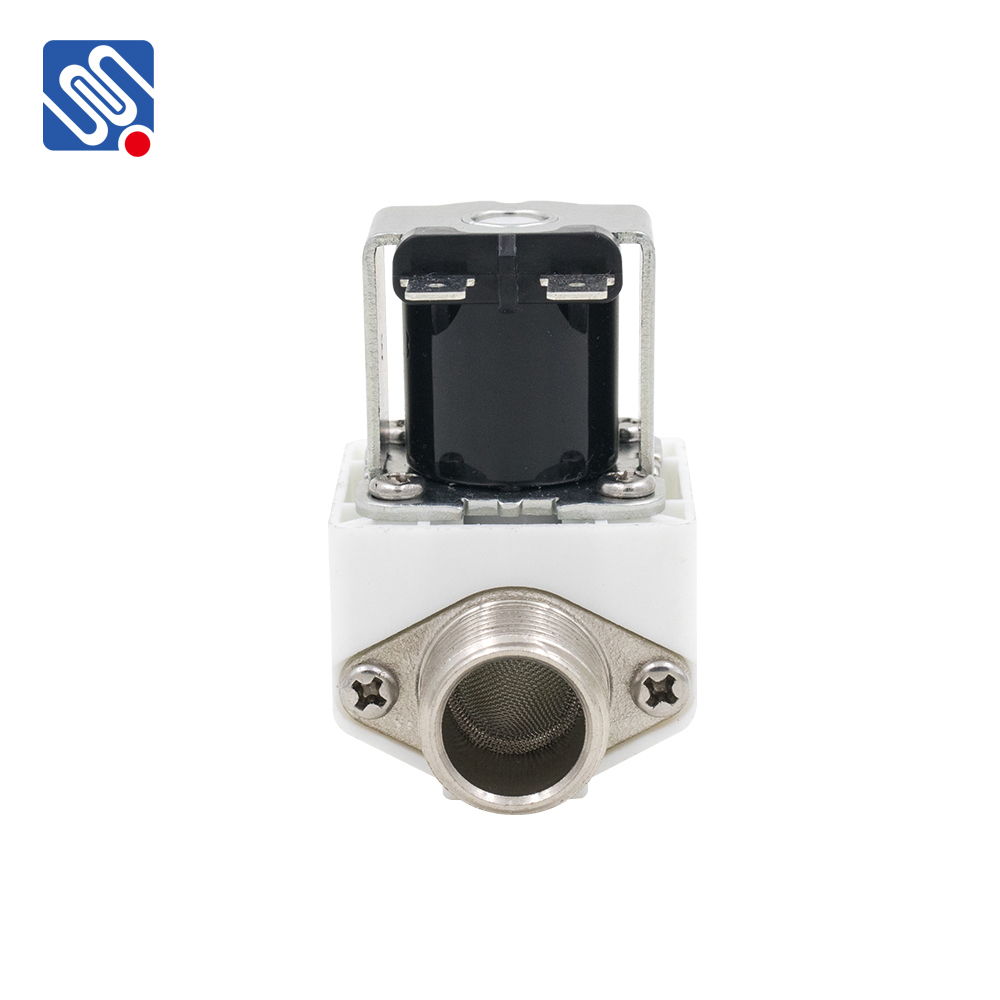Food grade solenoid valves are essential components in the food and beverage industry, playing a crucial role in ensuring the safety, efficiency, and hygiene of processing systems. These valves are designed to meet the stringent health and safety regulations required for handling food, ensuring that the final product is free from contamination. As industries around the world are increasingly focusing on food safety and hygiene, the demand for high-quality, reliable, and sanitary equipment, including food grade solenoid valves, has risen significantly.

What is a Food Grade Solenoid Valve? A food grade solenoid valve is an electrically operated valve used to control the flow of liquids and gases in food processing and production systems. Unlike standard solenoid valves, food grade solenoid valves are specifically designed with materials and construction that meet the highest food safety standards. The primary function of these valves is to regulate the flow of substances like water, juice, milk, or other liquid ingredients, without compromising their quality. Key Features of Food Grade Solenoid Valves Material Selection: One of the most significant aspects of food grade solenoid valves is the materials used in their construction. These valves are typically made of stainless steel, a corrosion-resistant material that meets the hygiene standards for food processing. Stainless steel types like 304 and 316 are commonly used, offering resistance to rust, scaling, and staining. Additionally, the seals and other components of the valve are made from food-grade materials such as FDA-approved EPDM, PTFE, or silicone, ensuring that no harmful substances come into contact with the food products.